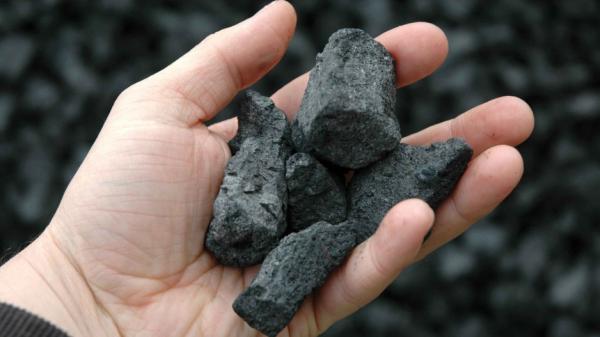
As this issue of Priorities goes to press, our New York office is closed due to a winter storm and that makes people worry about their heating bills. Meanwhile, both New York and California residents have recently been cheering because those states are determined to get rid of their nuclear power plants. That will be very bad because those states are also opposed to both natural gas and coal. They have a sustainability fetish and it will cost the poor because both states have declared fossil fuels too cheap and dirty.
When I was a young man in Pennsylvania, coal was not cheap to us while natural gas was incredibly expensive. We were poor so our house was heated with wood. Much of the late summer and fall was felling trees with a chainsaw, splitting the logs by hand, and storing it in our basement. This remains the plight of almost a third of our world. If we care about poor people having better lives and becoming market economies, there is a compassionate case to be made for coal.
In our last issue Dr. Mikko Paunio discussed how in 2013 our government refused to help provide centralized power plants for the world's poorest countries using the World Bank because we were on a sustainability kick and the only affordable option in poor countries was coal. Our politics are holding those countries back. I was thinking about how our social engineering is hurting the poor worldwide when I spoke with Dr. Lars Schernikau, President of HMS Bergbau Singapore, about an article he had written for CoalAsia Magazine on the challenges the industry faces. Though America has dumped tens of billions of dollars into solar company subsidies and most developed countries have done the same, he noted it's still just over 1 percent of the world's power. Denying developing countries World Bank help because the only affordable option remained coal was a moral, ethical and scientific failing by the United States. Decentralized energy for heating and cooking in homes account for most ambient air pollution in the developing world.
Affordable centralized power, which coal is, makes it possible to improve their air quality, and it allows for modern water supply and sewage systems, which improve public health. As the Tennessee Valley showed us in the 1930s, with cheap energy for sanitation, disease plummets. Irrigation happens and food gets cheaper. Air gets cleaner. When less annual income is devoted to basic needs like food and heat, culture improves. Today, culture means access to information through the Internet rather than buildings like libraries but cloud servers alone already consume more power than Germany, the sixth largest power consumer in the world. How can poor countries compete in the 21st century if they are shackled by being told they can't have energy unless they first get enough wealth to live like the energy 1 percent in America?
The political war on coal - science stopped being part of the discussion a decade ago - has caused new coal projects to stop, and that has caused prices to fluctuate wildly, which impedes progress. It means the coal industry isn't making new investments and developing new technology that will make coal even cleaner. Like with smart phones and televisions, America has to lead the way so costs can scale low enough for the poor. Given so many that are still forced to heat and cook with wood or even animal dung, we should be cheering on coal as their bridge to a cleaner future and a better life.
It's not an easy argument to make. Last issue I talked about the difficulty in defending motherhood against the many assaults new moms face about how they eat, how they behave, the need for play dates and what books they must read - and the acrimony that will occur if a pregnant woman takes a drink despite the recommendation being made based on a suspect epidemiology paper from the 1970s. Yet if we won't stand up for science even when it means unpopular positions, who will? In America, thanks to a wildcatter named Peter Mitchell who made fracking viable, we have replaced coal with natural gas and we are better for it. We enjoy some of the best air quality in the world thanks to natural gas. Our air is so clean that a few years ago our EPA had to manufacture new concern about air pollution in the form of small micron particulate matter, PM2.5, to give them something to regulate.
The rest of the world needs the chance to have better lives also. It's easy for activists to declare that America has cars and cloud servers and cheap food and energy so we can foist our moral posturing about sustainability off on developing nations. But it's immoral, unethical and a giant national security risk to leave those countries behind. With energy, we can do almost anything. We can even do what ancient alchemists only dreamed about - turn lead into gold. And a future where everyone has a chance at a golden life is why there is a compassionate case to be made for coal.
This article first appeared in the American Council on Science and Health print magazine Priorities.



